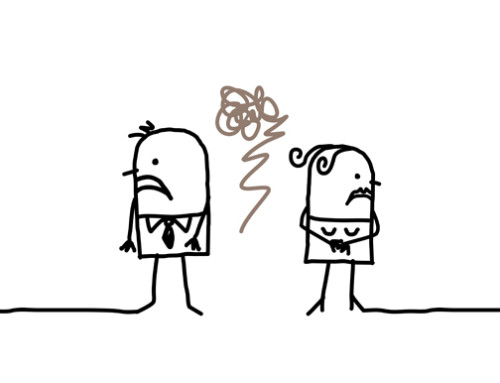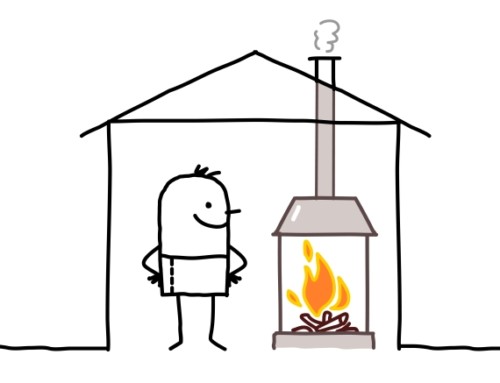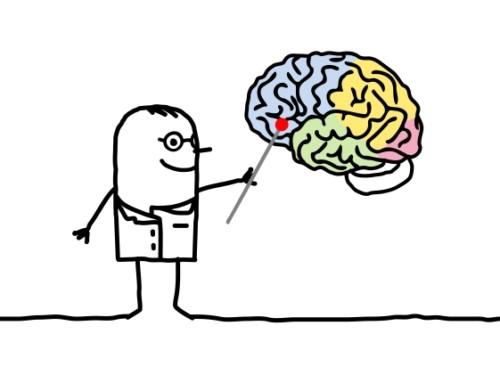This article will discuss ruminating—a style of thinking which has a negative effect on mood—and how to stop doing it.
How activities can affect our moods—positively and negatively
When I work with clients suffering from depression, anxiety, stress and many other issues, one of the key elements of helping them is to make them aware of the critical role that their activities play in their moods. Part of this process involves helping them to increase the number of behaviours which boost their moods such as exercise, social interaction and other enjoyable activities. The second part is helping them to decrease the number of activities they engage in which have negative effects on their moods. One of the most common activities which have this effect is ruminating.
What is ruminating?
Ruminating is an activity in which people engage in repeated negative thinking and/or self-talk. They typically engage in it when they are by themselves although many people do it in the presence of friends, family members, relationship partners or even their therapists. The ruminating can involve negative thinking about the self (“I’m a loser”); others (“She’s such a bitch”); or the future (“My life is hopeless”). This focused negative thinking and self-talk can go on for a few minutes or for several hours. I have often thought of ruminating as the verbal equivalent of banging one’s head against a wall.
Why do people ruminate?
People ruminate for many reasons. Often it occurs in response to a life event that is difficult for the person such as at work or in a relationship. Some people who have been exposed to many negative events or people over time tend to think negatively as a rule because of these influences so that ruminating is a natural byproduct of this negative pattern of their lives. Because ruminating is usually a solitary activity, people who lack relationships and are socially isolated are more likely to engage in ruminating. Many people report that the thoughts on which they ruminate are with them throughout the day and they feel powerless to do anything other than ruminate on these thoughts.
What are the negative effects of ruminating?
Although the fact that people ruminate is perfectly understandable in light of the above reasons, it only serves to make the person feel worse and interferes with their taking action to improve their mood and their circumstances. Ruminating has also been shown by research to interfere with a person recovering from many issues including depression, anxiety and post-traumatic stress disorder. It also typically interferes with a person’s performance at work and school and with their enjoyment and participation in relationships. In some cases, the person may resort to substance use or self-harm because of the ongoing negative mood state they experience as a result of ruminating.
How to stop ruminating—first catch yourself in the act
The first step in stopping ruminating is to become aware of when you are doing it and to recognize its negative effects. This will help motivate you to interrupt the tendency to ruminate on ‘auto-pilot’ which occurs when someone has practiced ruminating so much that it has become a habit. Some people find some visible signal like snapping an elastic band on the wrist to be effective for this purpose. The more you practice doing this, the more quickly you will interrupt the ruminating process before it gets going full-force—thereby limiting the negative effects on your mood.
The second step—substitute positive alternatives to ruminating
Once you’ve stopped the ruminating process, you will want to shift to doing something which has a better effect on your mood. There are usually two categories of alternatives to ruminating. One is to do some activity which you find pleasurable such as exercise or calling a friend to talk. The second option is to do some thinking about the topic on which you were ruminating but engage in a style of thinking which will have a more positive effect on your mood. This can involve talking with someone close to you like a supportive friend, family member or relationship partner who can help you to view the concern on which you have been ruminating in a perspective which leaves you feeling better.
Talking with a therapist can also be helpful as they can offer you skills such as thought records which help people on their own to view events in a perspective which leaves them feeling better. This favourable change in perspective is noticeable because people tend to focus on the negative aspects of a situation when they ruminate. A therapist or other supportive individual can also help you to problem-solve to take action to address the concerns about which you have been ruminating.
What to look forward to with a ruminating-free life
People who reduce ruminating are more likely to successfully address the issues they’ve been dealing with and are less prone to suffering from problems like depression and anxiety in the future. With positive alternatives to ruminating in their repertoires, they are more likely to engage in activities and thinking patterns which keep them on the right track—especially in response to negative life events. Their performance at work or school typically improves as does their participation in and enjoyment of social relationships.
Perhaps the most striking benefit people report is that they enjoy spending time by themselves much more than when they were ruminating. Whereas they used to dread this ‘alone time’ because of its being dominated by ruminating, their post-ruminating lifestyle allows them to look forward to this time with positive anticipation.
Here’s to your breaking the ruminating habit,
Dr. Keelan







Leave A Comment